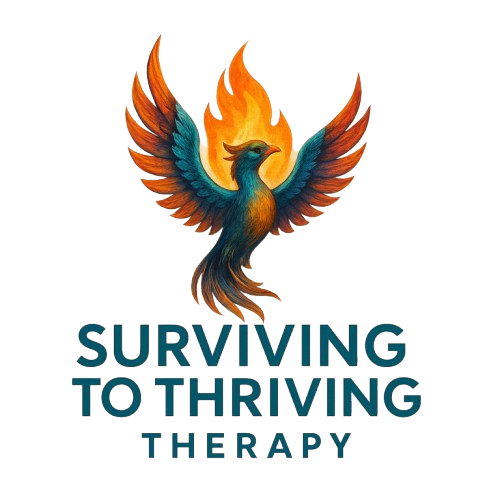Shifting Out of Our Conflict Patterns
When conflict feels hard to manage, it can help to gently shift how we interpret what’s happening. For instance, when your partner, coworker, or child shares their version of an event and it doesn’t seem to line up with yours, it isn’t always dishonesty. Sometimes people genuinely struggle to read social cues or understand others’ feelings and intentions. Keeping that in mind can make it easier to respond with patience and kindness rather than frustration.
Aggressive or defensive reactions aren’t always deliberate choices. Often, someone’s nervous system is overwhelmed, or they simply can’t access other ways of responding in the moment — especially if alternative skills haven’t been practiced or felt safe to try yet. In my work, I’ve noticed how helpful it can be to offer gentle reminders or prompts about other options early on, before emotions run too high. Approaching people this way helps them feel supported, lowers tension, and gradually builds their confidence to respond differently over time.
In individual therapy or couple’s counseling, we’ll practice new ways of interacting together so they feel more natural when you use them in real life. Think of it like learning new steps in a dance: when you change your rhythm or movement, the whole pattern of the conversation shifts. By rehearsing these new responses in a safe space, you’ll build confidence, reduce your stress in difficult moments, and open the door for healthier, more respectful exchanges. Over time, these small changes can create big ripple effects—helping you feel more in control, more grounded, and more hopeful about your relationships.
